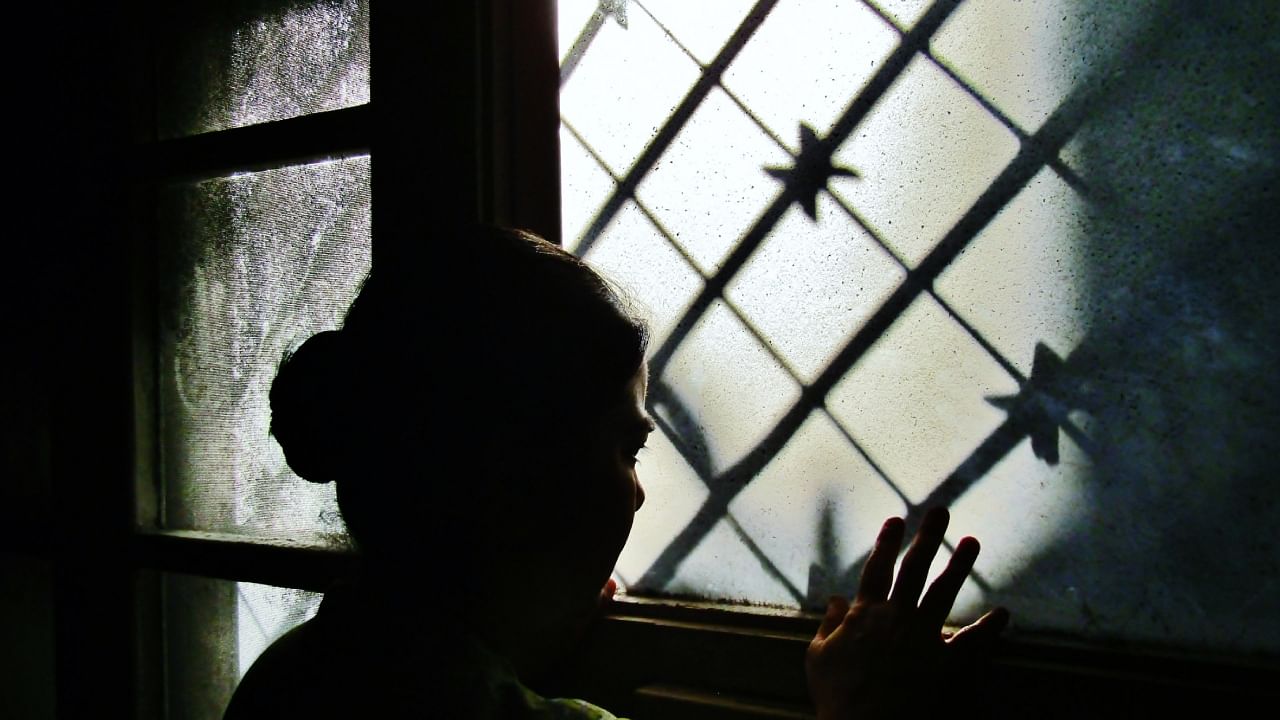
Depressiveness among mothers who seek antenatal care at Bengaluru’s government hospitals increases the risk of infant obesity and stunting, researchers have highlighted in a new paper.
The MAASTHI cohort study estimated depressiveness among mothers at Bengaluru’s public health facilities — assessed within 48 hours of the child’s birth — at 31.8 per cent. Infants born to depressive mothers at birth had 3.9 times higher odds of having a larger waist circumference and 1.9 times higher odds of having a larger sum of skinfold thickness when compared with infants born to non-depressive mothers. The researchers also found that these infants had 1.7 times higher odds of stunting at the age of one year.
The team enrolled 4,829 women pregnant between 14 and 32 weeks — from April 2016 to December 2019 — and followed them up at public health facilities for one year after birth. At-birth follow-ups were completed for 2,647 of them and details of 1,135 infants and mothers who completed the year-long assessment were used. The findings are published in the Journal of Psychosomatic Research.
Read | The red flags of baby blues
MAASTHI (Maternal Antecedents of Adiposity and Studying the Transgenerational role of Hyperglycemia and Insulin) analyses psychosocial stress during the peripartum period in predicting chronic disease risks.
Though 31.8 per cent indicates lower than standard prevalence of maternal depressiveness in India (50 per cent-60 per cent), the researchers said the burden at tertiary hospitals is sometimes “mistaken” as prevalence.
Giridhara R Babu, professor and head, life-course epidemiology, Indian Institute of Public Health (IIPH), and corresponding author, said the existing estimates are not always a “true representation” of the population prevalence because the tertiary centres often treat only patients with already referred conditions.
“One in three women who deliver at government facilities has depressive symptoms. This cannot be characterised as a small burden. Our estimates are based on a cohort study, which follows up on a group of women, and is not a cross-sectional assessment,” he told DH.
Prafulla Shriyan from IIPH; Sonalini Khetrapal, senior specialist–Asian Development Bank, Philippines; and Onno C P van Schayck from Care and Public Health Research Institute, Maastricht University, the Netherlands, are the other researchers.
Disrupted caregiving
The paper factors in the adverse effects of depressiveness on caregiving practices that include termination of breastfeeding which, in turn, could lead to early initiation to high-fat, high-sugar foods.
The researchers proposed larger studies that cover private facilities and recommended specialised treatment at primary health care centres (PHCs) for pregnant women and new mothers with depressive symptoms.